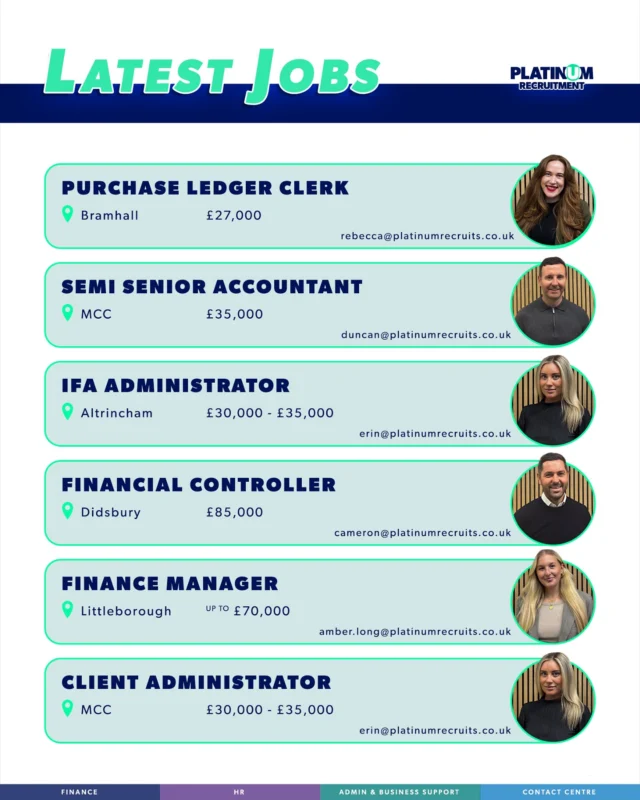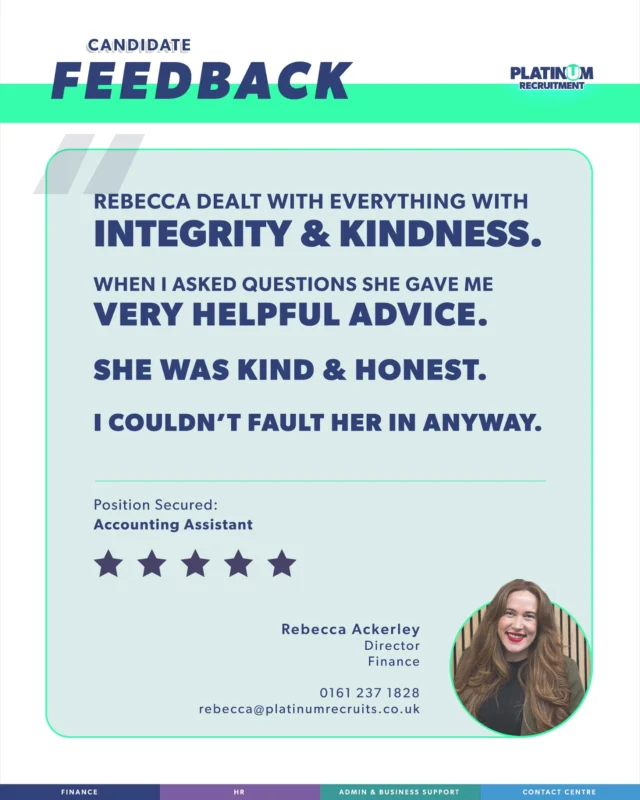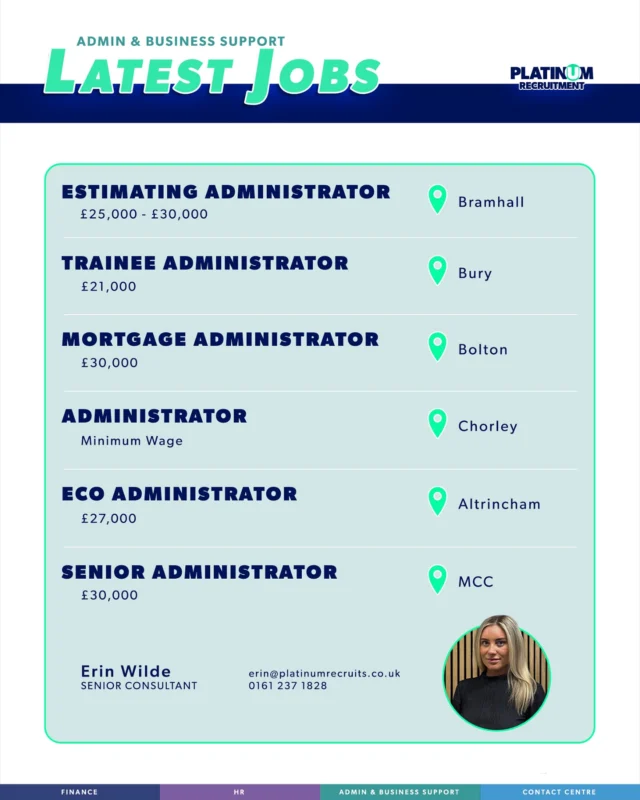World Mental Health Day 2024: Focusing on Workplace Mental Health
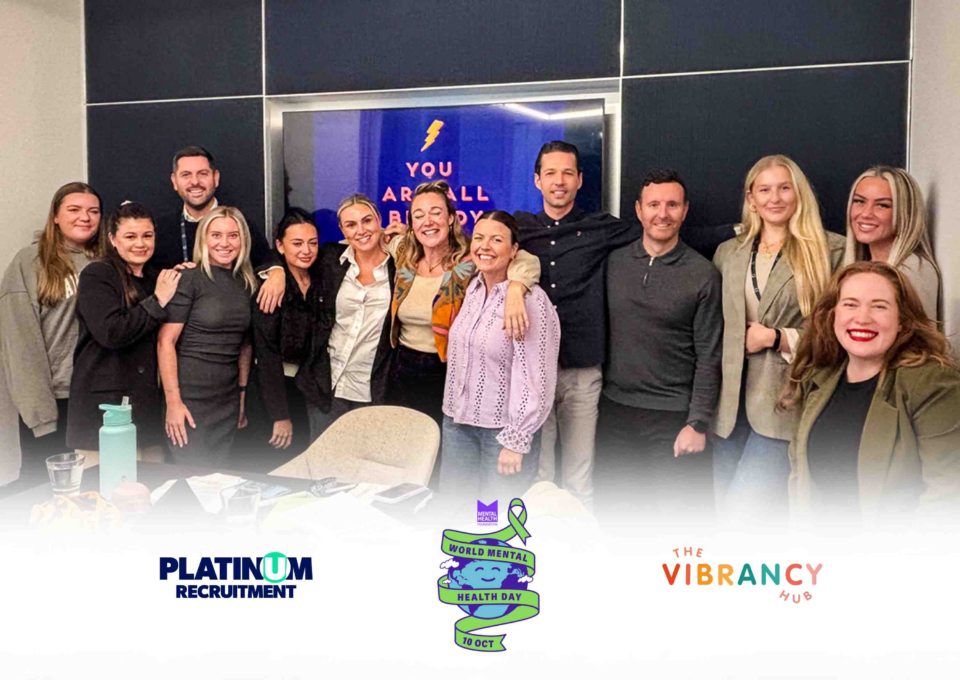
World Mental Health Day 2024: Focusing on Workplace Mental Health
Every year, October 10th marks World Mental Health Day, a moment to reflect on the importance of mental well-being globally. In 2024, the theme centres around "Workplace Mental Health", a topic that’s increasingly being recognised as critical.
The workplace is where many of us spend a significant portion of our day and the conditions we work under directly impact our mental health. This year’s focus is especially timely, as the mental health conversation in professional settings is gaining momentum, highlighting the need to foster environments that prioritise employee well-being.
Why Workplace Mental Health is an Issue
The pressure to perform, constant deadlines and the ever-present fear of job insecurity have long been contributors to workplace stress. However, with the digital era’s acceleration, employees are now more reachable and expected to respond to demands beyond traditional working hours, blurring the line between professional and personal life. This constant state of ‘being on‘ can lead to burnout, anxiety and other mental health challenges.


The Importance of Addressing Workplace Mental Health
Tackling mental health issues in the workplace is not just about improving employee well-being — it’s about fostering a productive, innovative and sustainable work environment. Employees who feel supported mentally and emotionally are more engaged, creative and committed to their roles.
Reduced absenteeism:
Mental health issues are one of the leading causes of absenteeism. Employees suffering from anxiety or depression are more likely to take days off, impacting overall productivity. Addressing mental health proactively can reduce absenteeism and help maintain consistent workforce engagement.
Increased productivity:
Mental wellness is directly tied to productivity. When employees feel mentally healthy, they are more focused, motivated and efficient, resulting in higher performance levels.
Improved employee retention:
Companies that prioritise mental health create a positive work culture, which improves job satisfaction and reduces turnover. Employees are more likely to stay with an employer who shows a genuine interest in their well-being.
Practical Ways to Tackle Workplace Mental Health
There are multiple ways employers can address mental health challenges in the workplace, from structural changes to day-to-day adjustments. Here are some proven strategies:
1. Fostering Open Communication:
Creating a culture where employees feel comfortable discussing their mental health is key. Regular check-ins, mental health workshops and anonymous feedback channels can help make this happen.
2. Providing Access to Mental Health Resources:
Companies can offer counselling services, mental health days, and wellness programs. These resources give employees the opportunity to address their mental health needs without feeling judged or overlooked.
3. Flexible Work Arrangements:
Offering flexible working hours or remote working options can help employees better manage stress and prevent burnout. This empowers employees to work in environments where they feel most productive while accommodating their personal lives.
4. Training Managers on Mental Health Awareness:
Ensuring that managers are trained to recognise signs of mental health issues is essential. They should know how to provide support, create an inclusive environment, and promote a healthy work-life balance for their teams.
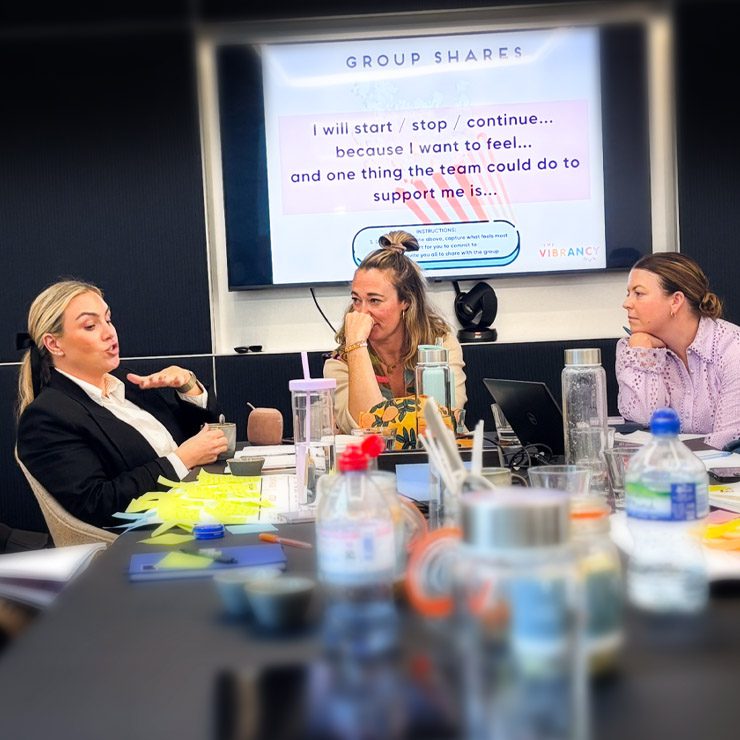

Platinum Recruitment's Session with The Vibrancy Hub
This week, the Platinum team participated in a group session led by The Vibrancy Hub, hosted by Laura & Kendra. This initiative aimed to equip the team with tools to manage their feelings, plan effectively for the challenging final quarter of the year and open up about their day-to-day experiences.
During the session, Laura and Kendra guided the team through a reflective exercise called ‘Start, Stop, Continue’. This simple but powerful method allowed each member of the team to identify the behaviours or habits they wanted to start implementing, those they needed to stop and the positive actions they wished to continue.
By creating an open space for sharing and reflection, the session encouraged team members to better understand their own mental health, while also fostering a stronger sense of empathy and support within the team. It allowed individuals to express what aspects of their work-life needed change, enabling them to approach Q4 with a healthier mindset, knowing that their mental health was being prioritised.
Moving Forward: How to Embed Mental Health into Workplace Culture
The Vibrancy Hub session with the Platinum team was a success & we feel is a great example of how companies can take tangible steps toward fostering a culture of mental wellness. The final part of the session we were asked to anonymously write 1 strength or attribute about their colleagues which were then collated and presented to each team member. This gratification for each person was astonishing & as a group it brought us closer. On reflection of this task, it was interesting to see how easy it was for everyone to compliment one another but we wonder how easy it would be for each person to compliment themselves and how much of a positive impact that would have on their mental state. This is certainly something we will be putting into practice at Platinum Recruitment.


As we observe World Mental Health Day in 2024, the focus on workplace mental health reminds us how crucial it is to create environments where mental well-being is supported. At Platinum we try our best to be proactive in this area and by partnering with The Vibrancy Hub we feel is a healthy approach in managing this issue. By encouraging open dialogue, providing resources, and making mental health a core part of company culture, businesses can create workplaces where employees feel valued, supported, and capable of achieving their best.
For more information on issues around mental health and how you can get support click the link to visit the Mental Health Foundation.

